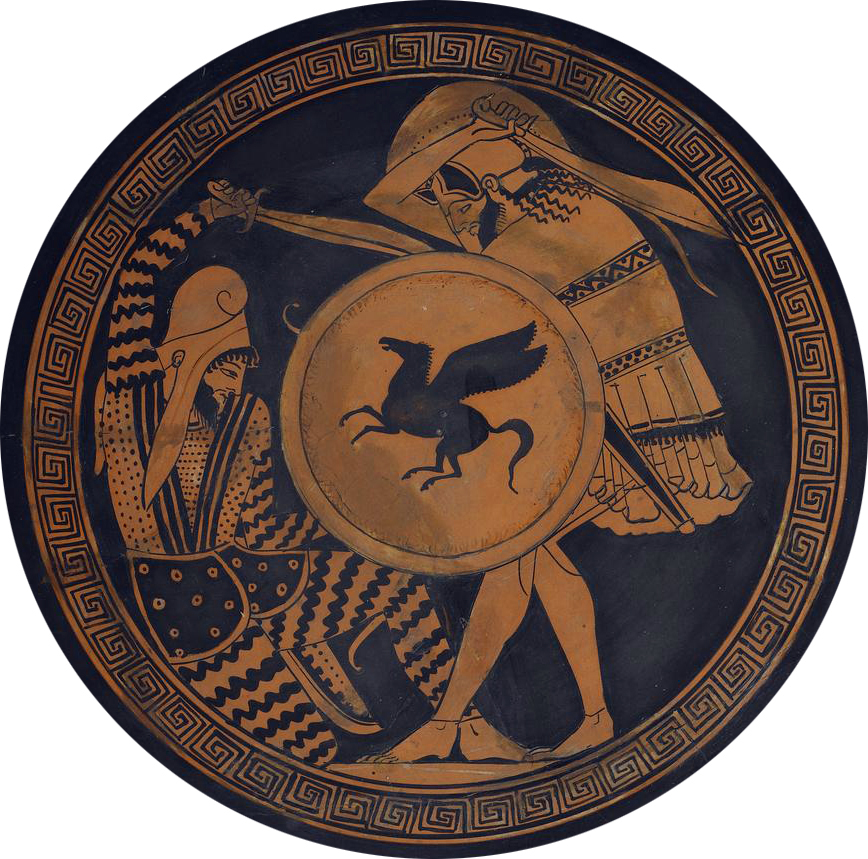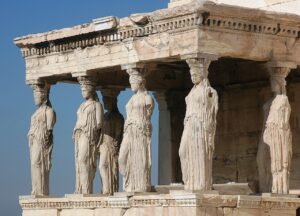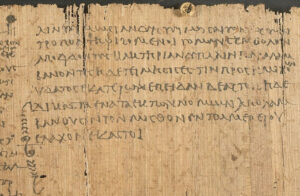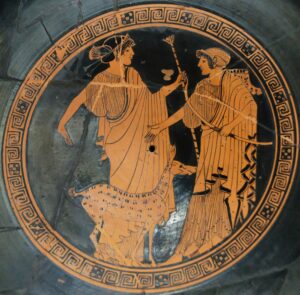The Greco-Persian Wars of ancient Greece were a series of conflicts fought between the ancient Greek city-states and the Persian Empire in the 5th century BCE (from 499 to 449 BCE). This conflict played a significant role in shaping the ancient world and led to a shift in the balance of power between the ancient Greek city-states and the Persian Empire. The wars had a profound impact on the course of Western civilization and have been the subject of much study and speculation for centuries. In this article, we’ll study the history and significance of the Greco-Persian Wars, especially in terms of how they impacted ancient Greece.
Background of the Greco-Persian Wars of Ancient Greece
The roots of the conflict between the Greeks and Persians can be traced back to the conquests of the Persian king Cyrus the Great in the 6th century BCE. As the Persian Empire expanded, it came into conflict with the ancient Greek city-states, who were fiercely independent and protective of their autonomy. This led to a series of clashes, with the Greeks eventually coming together to form a coalition to resist Persian aggression.
The first major conflict between the Greeks and Persians took place in the early 5th century BCE, when the Persian king Darius I attempted to conquer ancient Greece. Despite initial successes, the Persians were eventually defeated at the Battle of Marathon in 490 BCE, which was a turning point in the war.
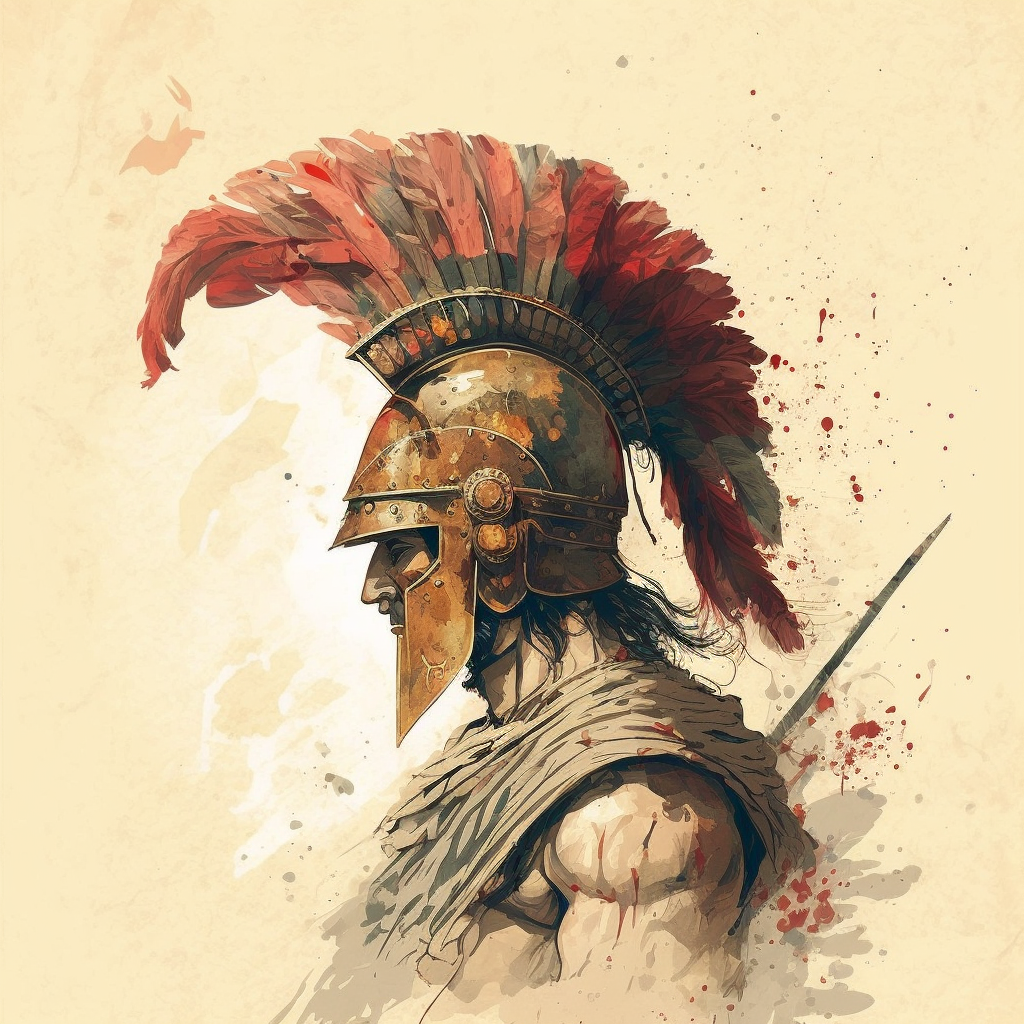
Major Battles of the Greco-Persian Wars of Ancient Greece
As stated above, the Greco-Persian Wars were fought over a period of approximately 50 years, with the major battles taking place at Marathon, Thermopylae, Salamis, and Plataea. Each of these battles was significant in its own right, and each had a lasting impact on the outcome of the war.
At the Battle of Marathon (490 BCE), the Greeks defeated the Persians and set the stage for further resistance against the Persian Empire. The Battle of Thermopylae, which occurred a decade later in 480 BCE, saw a small force of Greeks, led by the warrior-king Leonidas, hold off a much larger Persian army, buying time for the rest of Greece to prepare for battle.
The Battle of Salamis also occurred in 480 BCE and was a decisive naval victory for the Greeks, which effectively ended the threat of a Persian invasion. Finally, the Battle of Plataea, which took place in 479 BCE saw the Greek army, under the leadership of Pausanias, defeat the Persian army and secure Greek independence. Historians consider these battles to be important to the history of war and warfare in ancient Greece. For instance, ancient Greek soldiers played an important role in each of the battles.
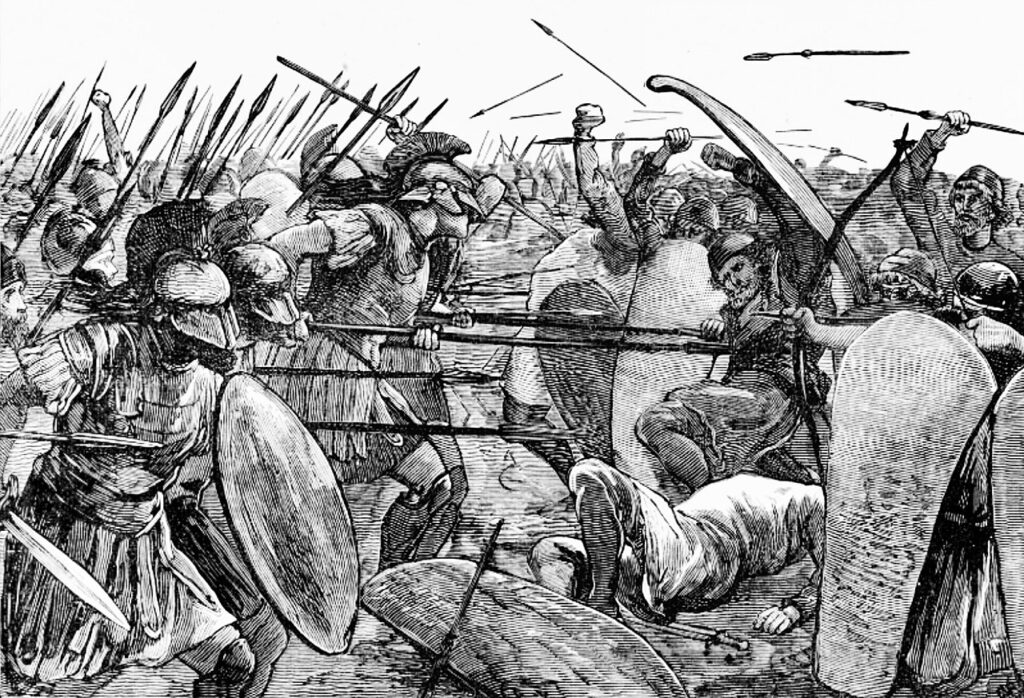
Significance of the Greco-Persian Wars
The Greco-Persian Wars had a profound impact on the ancient world, determining the balance of power between the ancient Greek city-states and the Persian Empire. These conflicts also marked the beginning of the classical period in Greece, which saw the rise of some of the greatest philosophers, artists, and thinkers in human history. As such, historians consider the Greco-Persian Wars to be significant to the overall development ancient Greek culture.
In addition to their historical significance, the Greco-Persian Wars have also inspired countless works of art and literature, from the epic poems of Homer to modern-day movies. The most famous example of which is the movie ‘300’ which retells the famous Battle of Thermopylae in a stylized fashion.
Finally, the Greco-Persian Wars were a significant event in the history of humanity and especially important to the development of ancient Greece.

